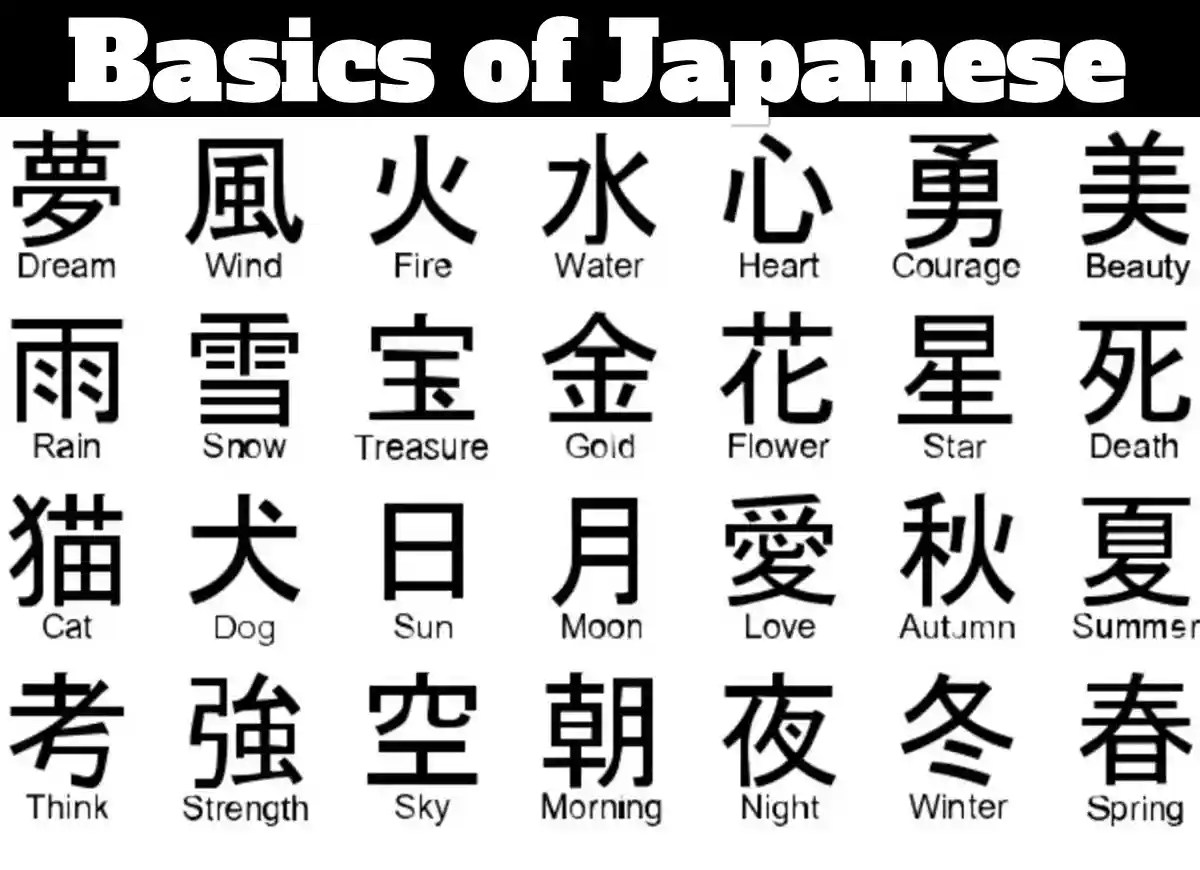The journey into the world of languages unveils a treasure trove of words that encapsulate cultural nuances, emotions, and traditions. One such intriguing term is the "ukareme" Japanese word, which holds a special place in the hearts of those familiar with the Japanese language. This unique expression not only reflects the intricacies of the language but also serves as a gateway to understanding Japanese culture and its emotional landscape. In this exploration, we will delve into the meaning, significance, and usage of the ukareme Japanese word, shedding light on its place in everyday conversation.
As we embark on this linguistic adventure, it’s essential to understand that the ukareme Japanese word is more than just a term; it’s a reflection of the values and emotions prevalent in Japanese society. The beauty of this word lies in its ability to convey complex feelings and sentiments, making it a vital part of Japanese communication. By examining its meaning and context, we can gain insight into how language shapes our understanding of emotions and relationships.
In this article, we will explore various facets of the ukareme Japanese word, including its definition, cultural significance, and practical applications in everyday life. We will also address common questions surrounding its usage and delve into examples that illustrate its meaning. Whether you are a language enthusiast or simply curious about Japanese culture, this exploration promises to enrich your understanding of the ukareme Japanese word and its importance in communication.
What is the Meaning of Ukareme?
The term "ukareme" can be broken down into its components to better understand its meaning. At its core, it translates to a feeling of being "uplifted" or "elevated." It is often associated with a sense of joy, elation, or a lighthearted spirit. This word beautifully encapsulates the essence of happiness and the fleeting moments that bring joy to our lives.
How is Ukareme Used in Everyday Conversation?
In everyday Japanese conversation, the ukareme Japanese word may be used to describe moments of joy or elation. For instance, one might say, "今日の天気は本当にいいね、まさに浮かれめだ!" (Today's weather is really nice, it's truly ukareme!). This expression conveys the speaker's delight in the pleasant weather, illustrating how the word can enhance emotional expression.
What Are Some Examples of Ukareme in Sentences?
- 「彼女の笑顔を見て、私は浮かれめになった。」(Seeing her smile made me feel ukareme.)
- 「この素晴らしいニュースは、私たちを浮かれめにしている。」(This wonderful news has made us all feel ukareme.)
- 「子供たちの遊ぶ姿は、まさに浮かれめの象徴だ。」(The sight of children playing is a true symbol of ukareme.)
What is the Cultural Significance of Ukareme?
The cultural significance of the ukareme Japanese word extends beyond its literal translation. In Japanese culture, expressing emotions is often nuanced, and the ability to convey joy or elation is highly valued. The word embodies the essence of living in the moment and appreciating the small joys life offers. Furthermore, it reflects the collective mentality of finding happiness in shared experiences, whether with friends, family, or nature.
Can Ukareme Be Used in Different Contexts?
Absolutely! The ukareme Japanese word can be used in various contexts, ranging from casual conversations to more formal settings. It can describe personal feelings, reactions to events, or the overall ambiance of a situation. Its versatility makes it a delightful addition to any conversation, allowing speakers to express their emotions authentically.
Are There Any Synonyms for Ukareme?
While "ukareme" is quite unique, there are a few synonyms or related expressions in Japanese that convey similar sentiments:
- 「嬉しい」(ureshii) - happy
- 「楽しむ」(tanoshimu) - to enjoy
- 「喜び」(yorokobi) - joy
How Does Ukareme Relate to Other Japanese Words?
The exploration of the ukareme Japanese word invites comparisons to other terms that express feelings. For instance, words like "kanashimi" (sadness) or "kizuna" (bond) reflect different emotional states, showcasing the rich tapestry of language that allows individuals to articulate a wide range of human experiences. Understanding these connections enriches our comprehension of the emotional landscape within Japanese culture.
What Are the Common Misconceptions About Ukareme?
One common misconception about the ukareme Japanese word is that it simply means happiness. While it does convey a sense of joy, it is more nuanced and encompasses the idea of being uplifted or elated. Additionally, some may think that it is used only in casual contexts, but as we discussed, it can be applied in various situations, making it a versatile term in the Japanese language.
How Can I Incorporate Ukareme into My Japanese Vocabulary?
Incorporating the ukareme Japanese word into your vocabulary can be a delightful endeavor. Here are some tips to help you:
- Practice using it in casual conversations with friends or language exchange partners.
- Watch Japanese films or shows where characters express joy, and listen for the context in which similar words are used.
- Keep a journal to document moments that make you feel ukareme, and describe these experiences in Japanese.
Conclusion: Embracing the Ukareme Japanese Word
The ukareme Japanese word serves as a beautiful reminder of the power of language in expressing our emotions. By embracing this term and its meaning, we can foster a deeper connection with the Japanese language and culture. Whether you are using it to describe a joyful moment or sharing it with friends, the essence of ukareme lies in celebrating the fleeting moments of happiness that life offers.
As we continue to explore the depths of language, let us not forget the importance of words like ukareme, which enrich our communication and understanding of one another. So, the next time you experience a moment of joy, remember to embrace the spirit of ukareme and share it with those around you!
You Might Also Like
Unveiling Adriana Lima's Family: Does Adriana Lima Have Siblings?Unraveling The Rich Tapestry Of Ryan Gosling's Heritage
Discovering The Name Of Mahira Khan's Adorable Son
Unveiling The Mystique: Who Is Chaeunwoo's Wife?
Unveiling The Journey: The Biography Of Jude Bellingham
Article Recommendations


